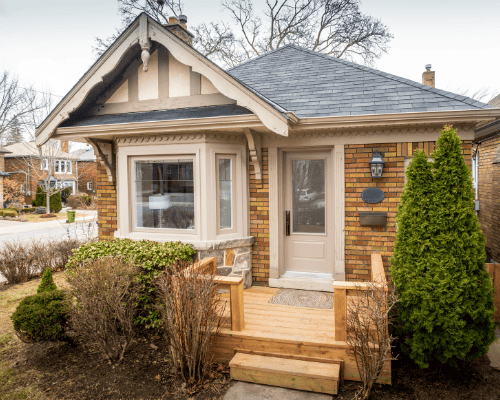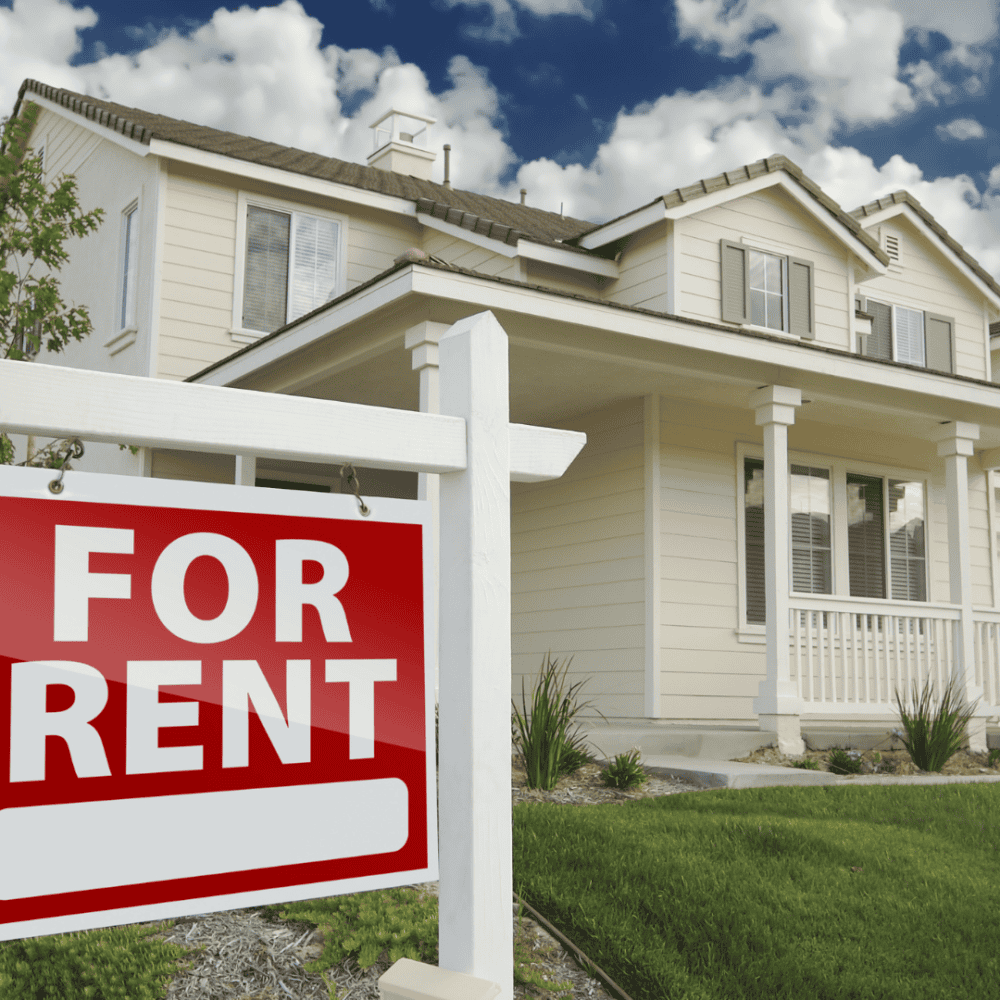How to Become a Homeowner
Table of Contents
Buying a home is a life goal for many people. There is a sense of satisfaction and pride that comes with becoming a homeowner. You have the freedom to decorate as you please and a feeling of security. It can also be a sound financial investment.
Below, we look at the crucial steps to become a homeowner in the UK. This includes saving for a deposit, securing a mortgage and the buying process.
Saving for a Deposit

The biggest hurdle when it comes to home ownership is the deposit. Most homeowners are required to put down at least 10% of the property price.
Keep in mind that it is not just the deposit you will need to budget for. Mortgage fees, surveying costs and conveyancing will all need to be considered. To prepare you for the legal costs involved with buying a home, you can use a conveyancing fees calculator.
Not everyone has the option of moving home. The infamous “bank of mum and dad” is a privilege to some but not to all. For many people, the reality is cutting costs, taking on extra shifts or jobs or exploring a side hustle.
Set aside a specific savings account – the Lifetime ISA (LISA) is a great start – specifically for a deposit. Keeping your goal in mind is essential to saving. With each non-necessary purchase, ask yourself, “Is this worth how much I want to be a homeowner?”.
Using a Government Scheme
As mentioned above, the LISA is a great way to save and reap the rewards with the 25% government bonus. Keep in mind that there are schemes available to budding homeowners. These include Shared Ownership and Help to Buy.
Finding a Home

We can all get lost down the Rightmove or Zoopla rabbit hole. But we also need to be realistic about what we can afford and what we need from a home.
When looking for the perfect property, ask yourself the following:
- What are your criteria? For example, how many bedrooms do you need?
- What is your budget? What can you realistically afford?
- What are your non-negotiables? (for example, it must have a garden or a bath fitted.)
- What can you be flexible about?
- Have you researched the neighbourhood? Is it in a safe area?
- Is it close to amenities? (For example, if you don’t drive, is it close to shops, a doctor and public transport?)
- Does it need maintenance and repairs? Are you prepared to take those on, and can you afford to?
Securing a Mortgage
Most people will require a mortgage to purchase a home. You must first apply for an Agreement in Principle to see what the lender is willing to loan you. Be aware this does not guarantee a mortgage. From here, you will apply for the mortgage itself.
Lenders will consider the following:
Your Income
Your income will be reviewed to ensure you have the funds to make the mortgage payments each month. The lender will ask to see recent payslips. Be aware that you will need additional proof if you are self-employed.
Your Outgoings
Your outgoings will also be considered, and you will be asked to provide bank statements. This is so that the lender can see if you are responsible for your money. It also shows that you can make regular payments for utilities, for example, without issue. Gambling and excessive spending are very often red flags for lenders.
Your Credit Score
The better your credit score, the more desirable you are for a loan. There are a few simple ways to improve your credit score, such as ensuring you are registered to vote. It is also worth disputing any errors or inaccurate information.
The House-Buying Process

Once you have saved the deposit and secured a mortgage, you can start the buying process. There are two essential parts to this – conveyancing and a property survey.
Surveying
A property survey is not mandatory, but it is highly recommended. A survey can give you an insight into the condition of the home. It can also highlight any issues it may have and the remedial work required. Real estate investment companies often stress the importance of property surveys because they offer a clear understanding of a property’s true value and potential risks. As such, a survey can help avoid potential legal disputes and save you thousands in structural issues that may not be within your property boundaries or perhaps unpermitted modifications. A survey also shows anyone thinking of buying a property to let and use it as an investment. This is essential because having a clear idea of the property’s current state permits you to decide on how much needs to be spent on renovations and possible resale value. It will also help you discover prospective debts all the more early so you can consider them before creating a buy. We are in a seller’s market; the power of due diligence can save you thousands, if not hundreds, of dollars and ensure your investment matches what type of investor you’d like to be. And the same applies when you decide to sell your property. For instance, get your building surveyed in Richmond (or elsewhere), as this can help you evaluate the condition of your property to prospective sellers.
In any case, the type of survey you opt for will depend on the type of home you are buying. In the simplest terms:
- A Snagging Survey is for newly built homes.
- A Level 2 survey (formerly Homebuyers Report) is suitable for most conventional homes in good condition.
- A Level 3 survey (formerly Building Survey) is recommended for older and historic homes, those in poor condition or unusual in any way.
Conveyancing
Conveyancing is the legal aspect of a property transaction. You should instruct a conveyancer or conveyancing solicitor once your offer is accepted. Part of the process includes essential searches on the home. These check for flood risks, radon gas levels and subsidence risks.
Conveyancing starts once your offer is accepted and ends with the completion of the sale.
A Final Word

As we’ve shown above, the key to becoming a homeowner is careful planning. This is not something to be rushed. Take time to be financially prepared and to find a home that fits your needs. With this in mind, always take into account your survey results.
Finally – try to enjoy the process! Yes, it can be time-consuming and stressful, but it is also a very exciting life milestone. Throughout the paperwork and research, stop to appreciate that you are taking a positive step toward home ownership.



